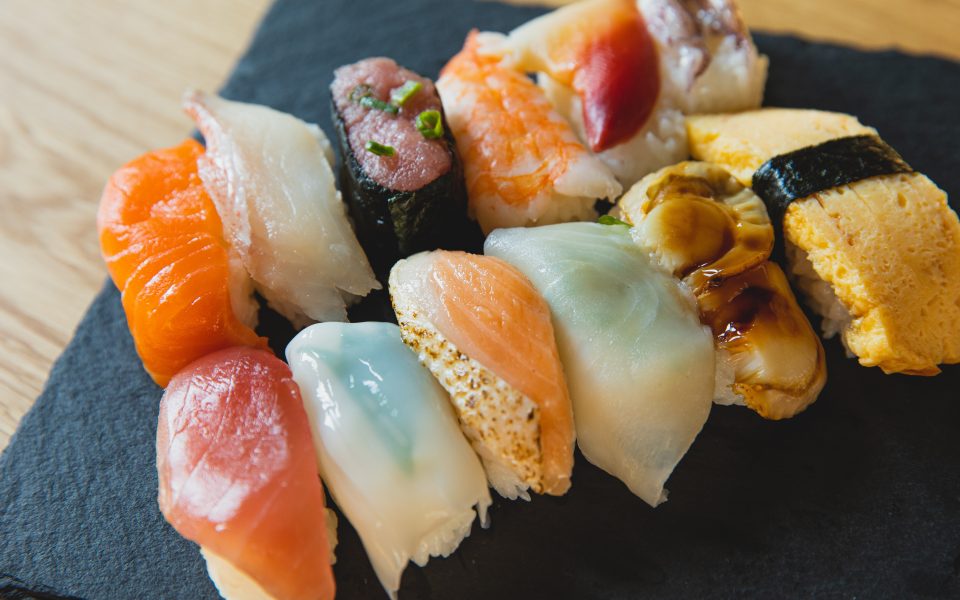Calysta’s sustainable protein FeedKind® has been shown to be an ideal feed ingredient for use in Japanese yellowtail or Hamachi, one of the most popular food fish in Japan and a sushi staple.
Published in the journal Aquaculture, the latest study shows that FeedKind integration into the Hamachi diet has no impact on growth rates or health of the fish up to 20% of total feed.
The study comes after Calysta confirmed a 50/50 joint venture with Adisseo to form Calysseo, which is building the world’s first commercial FeedKind production facility in China for supply to Asia. Twenty-thousand tonnes of protein will be available from 2022.
Allan LeBlanc, Vice President of Market Development at Calysta, said:
“We already knew FeedKind was a quality product that can play an important part in even the most demanding applications, and being able to count Hamachi among the species we have now validated the product for is yet further evidence of that. It shows that FeedKind protein can be used as successfully in carnivorous marine species common to Asian markets as it has been in salmonids and shrimp.
LeBlanc added: “As it can be produced independent of weather conditions or other environmental factors, FeedKind can provide supply chain stability while maintaining growth and performance of the animal; making it a fantastic addition to the feedmill and farmer’s toolbox.”
The paper, Methanotroph (Methylococcus capsulatus, Bath) bacteria meal as an alternative protein source for Japanese yellowtail, Seriola quinqueradiata, by Dr. Amal Biswas of Japan’s Kindai University, details two trials, one of 1,500 yellowtail fish, the second of 800. Both were analysed over an eight-week period. In both cases, a control diet was used, alongside increasing concentrations of FeedKind.
Fish survivability was 100% across all tests, with no significant difference between the control diets and the 25% inclusion rate across both trial groups. The study further showed that the alternative protein can effectively replace 30% of fishmeal protein in the diet of yellowtail without any impact on growth rate, digestibility, daily feeding rate or feed efficiency.
Dr. Amal Biswas, Professor at Kindai University said: “Japanese yellowtail is one of the most popular fish in Japan and is known the world over for sushi, but farmers have had to contend with unpredictable feed costs, a problem that will only be exacerbated without effective alternative proteins.”
The results come as Calysta and JV partners Adisseo confirm that construction of the Calysseo production facility in Chongqing, China, is progressing as planned and on time.
Thomas JG Huot Ph.D., COO of Calysta and joint director of the Calysseo joint venture with Adisseo, said: “The timing of this, in the context of the construction of our plant in China, is particularly advantageous. It is perhaps even more important when set against the backdrop of the protein gap and the need to produce more from less, improving food security and helping make food production systems as a whole more sustainable.”
Back to journal